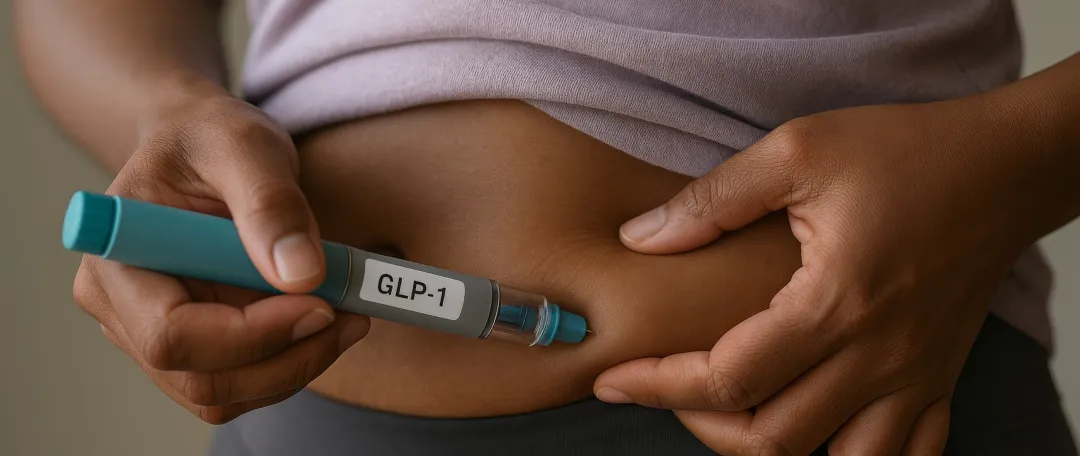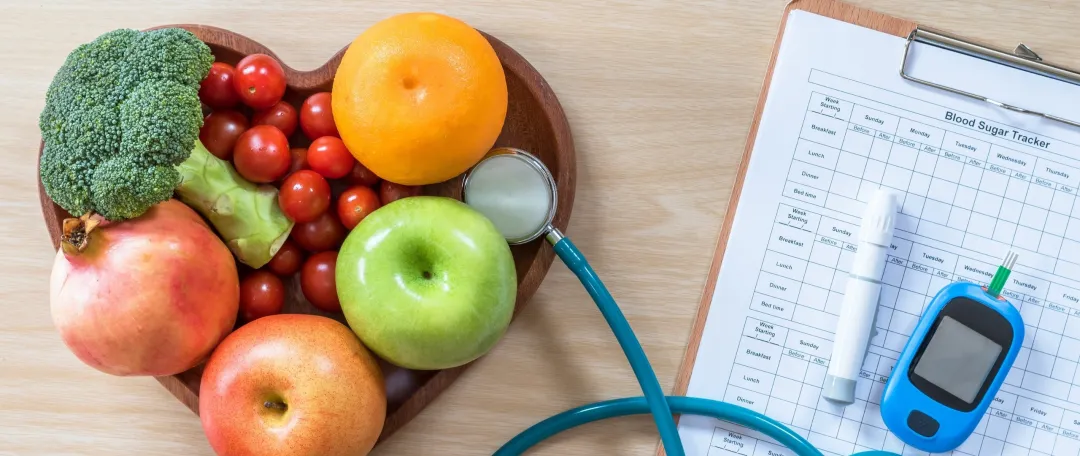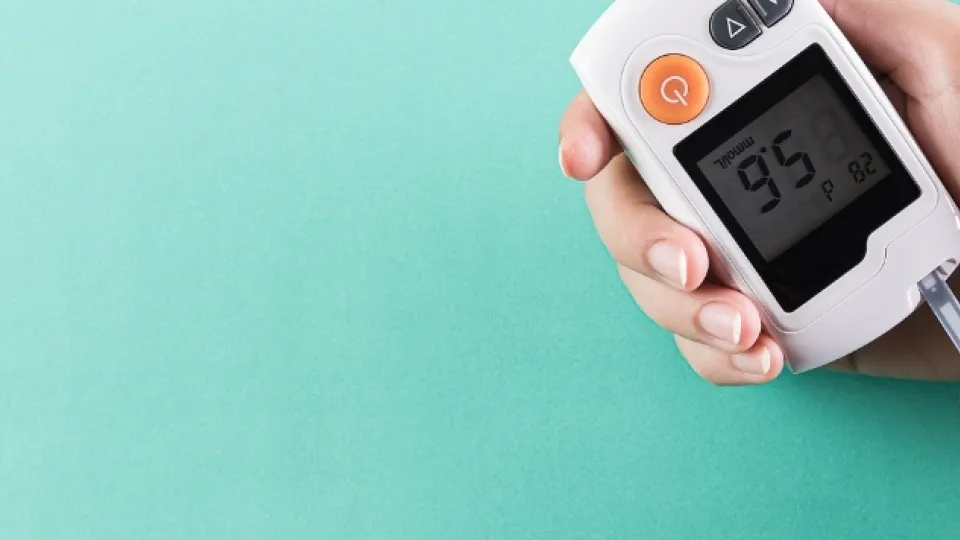Type 2 diabetes is one of the fastest growing preventable health conditions in New Zealand. A 2021 report found that almost 5% of New Zealanders have type 2 diabetes.
What Is Diabetes?
Diabetes is when the level of glucose in your blood is too high. If it’s not controlled, it can damage the organs in your body, such as the heart and nerves. The amount of glucose in your body is controlled by various hormones, primarily insulin. With diabetes, your body is unable to produce insulin, or it doesn’t respond properly to the insulin it produces.
There are three types of diabetes:
Type 1 diabetes
This is an auto-immune condition where the body attacks the cells in your pancreas that make insulin, so not enough is produced. Type 1 diabetes usually begins in childhood and can appear suddenly, often after a viral infection. It’s important to note that Type 1 diabetes isn’t lifestyle related. About 10% of people diagnosed with diabetes have type 1.
Type 2 diabetes
When your body can’t use insulin effectively. The insulin-making cells in your pancreas produce insulin, but the insulin isn’t working well. About 90% of people with diabetes have type 2.
Gestational diabetes
When a pregnant woman who was not known to have diabetes before pregnancy develops high blood glucose levels during pregnancy. About 4-8% of pregnant women are diagnosed with gestational diabetes. If left untreated it can lead to problems for both mum and baby. Usually, it goes away after giving birth but may recur in future pregnancies.

What Is pre-diabetes?
Pre-diabetes is when your blood glucose level is higher than normal, but not high enough to be diagnosed with type 2 diabetes. People diagnosed with pre-diabetes can make lifestyle changes to reverse diagnosis.
Diabetes in New Zealand
Diabetes is reasonably common in New Zealand with over 323,700 people living with it according to 2023 stats. Māori and Pacific people are disproportionately affected, being three times higher than other New Zealanders.
Signs and symptoms of diabetes
The symptoms of diabetes depend on how high your blood sugar is. It’s important to remember that some people don’t experience symptoms, especially for prediabetes, gestational diabetes and type 2 diabetes.
Common symptoms include:
- Unexplained weight loss
- Frequent urination
- Extreme hunger
- Irritability
- Excessive thirst
- Extreme tiredness
- Blurred vision
- Slow healing cuts and bruises
If you notice any of the above symptoms in you or a loved one, it’s important to seek medical advice from your GP, especially if you’re in a high-risk population such as Māori and Pasifika.

Our diabetes services
Our GPs and clinical teams offer the following services:
Diagnosis
Blood test referral and management of results
Education and support
Guidance on self-management plans and monitoring blood sugar levels with glucometers
Treatments
Advice on lifestyle changes and prescribing of appropriate medication.
Monitoring
Regular review of your monitoring of your blood sugar levels and medication adjustment as required
Referrals
Referring you to specialist diabetes clinics/ podiatrists and retinal screening when necessary
Preventing or improving type 2 diabetes & pre-diabetes
Pre-diabetes and type 2 diabetes can be prevented or improved by changing your lifestyle, such as healthy eating habits, regular exercise and maintaining a healthy body weight. Our top recommendations are:
Eat healthily
A balanced diet, consider how much and when you eat, being mindful of carb, fibre, fat and salt intake
Be active
Regular physical activity helps your cells use insulin and lowers your blood sugar
Get enough sleep
Poor sleep can increase your risk of developing type 2 diabetes
All of these are important to your long-term health. If you’re struggling with your eating, exercise or sleep habits, please seek support and advice from our expert clinical team. We’re here to support your health and well-being.

Living with diabetes
Treatment options depend on your diabetes diagnosis. Common treatment plans include oral medication or insulin medication and regularly monitoring blood sugar levels. While it may feel overwhelming when first diagnosed, remember there’s plenty of support available, you’re not alone.
How to access our services
Book an Appointment
Book an appointment online or contact one of our medical centres to book.
Enrolling as a patient
Seeing a consistent clinical team (GPs, nurses, and other healthcare providers from the same practice) every time is proven to give you the best health outcomes. This is especially important for those managing chronic conditions. Trusted by over 400,000 Kiwis with 65+ medical centres across NZ, we’re your health partner for life. Read more about the benefits of being an enrolled patient or find your closest medical centre today.
Resources and education
There are some great resources and tools available online. Here are our top recommendations:
